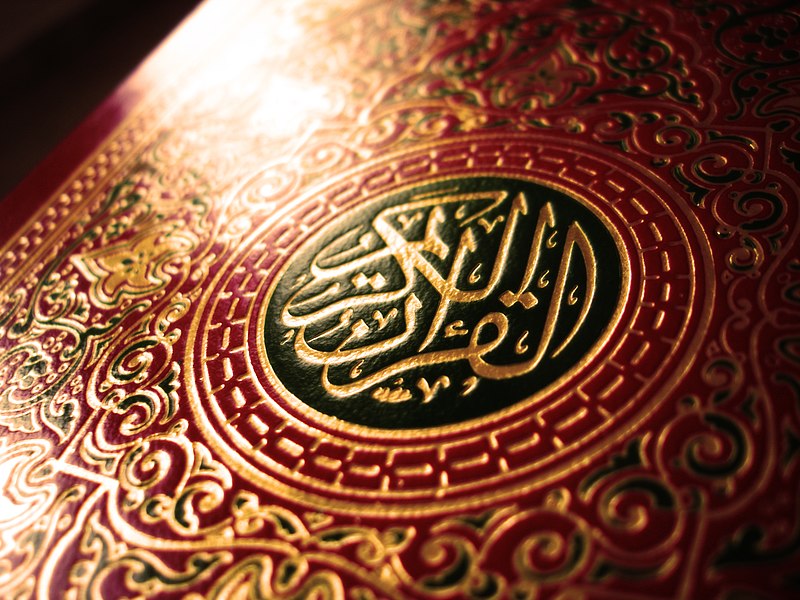
Recent Quran-burning protests in Sweden and Denmark have led to increased security concerns and international tensions. The protests, carried out by individuals and far-right groups, have
triggered angry demonstrations in Muslim-majority countries, leading to both nations questioning the need to review their liberal laws on freedom of speech.
In June, Sweden allowed a protester to burn a copy of the Quran outside a mosque in Stockholm during the Muslim holiday of Eid-al-Adha, causing an international dispute. Denmark has also witnessed Quran burnings outside foreign embassies in Copenhagen in recent weeks.
The Organization of Islamic Cooperation (OIC), representing 57 Muslim states, held an emergency meeting and condemned both Sweden and Denmark for allowing such protests under the guise of freedom of expression.
Both Sweden and Denmark have freedom of expression enshrined in their constitutions, without blasphemy laws, making it legal to insult religion or desecrate religious texts. The protests have sparked discussions about the need to prevent such actions due to security and geopolitical concerns.
While the Swedish government allows protests under certain safety conditions, it lacks the power to consider the broader political perspective. Denmark is also exploring legal mechanisms to discourage the protests without legally banning them.
Sweden's Prime Minister Ulf Kristersson stated that the situation is dangerous, and measures are needed to strengthen national resilience. Denmark has faced similar freedom of speech crises in the past but did not tighten free speech laws in response to previous attacks. Photo by SFC9394, Wikimedia commons.



































